The US President Joe Biden’s announcement regarding the complete withdrawal of American and NATO forces from Afghanistan by 20th anniversary of 9/11 has prompted the discussions on the subsequent security vacuum as well as changing geostrategic situation in India’s contiguous neighbor as well as strategic partner Afghanistan. India has been supporting Afghan-led, Afghan-owned and Afghan-controlled peace process as India’s foreign minister S. Jaishankar has reiterated in the Raisina dialogue on the theme “Junction Kabul: the Road to Peace” held on 16th April. In which, Iranian Foreign minister Javad Zarif has argued that the US decision should be taken in the light of the reality of the region that foreign forces has never contributed to peace and stability to the region and their removal will lead to at least less chances for violence. Pointing out the opportunities for Afghan forces to take full control, Afghanistan’s NSA Hamdullah Mohib has claimed that Afghan Taliban is possessing no religious legitimacy and nationalistic causes due to its relentless attack’s overs $900 million dollars’ worth of national infrastructure annually.
But it is noteworthy that US withdrawal without any final outcome regarding the power sharing proposal accompanied by President Ghani’s contention pertaining to transfer of power through democratic processes merely would have been provoking Afghan Taliban to suddenly increase attacks. Moreover, latest intelligence report has pointed out that Pakistan is planning to expedite anti-India activities by facilitating Afghan Taliban’s “spring offensive” alongside mobilizing all terrorists of Jaish-e-Mohammad and Lashkar-e-Taiba, who were shifted to Afghanistan by Pakistan for diverting extreme pressure exerted by FATF over it.
India is concerned about the “vacuum” erupting in Afghanistan following the proposed withdrawal of foreign forces, as chief of defense staff General Bipin Rawat has pointed out that it can be utilized by “disruptors”. India’s big concern is that instability in Afghanistan can be used by Pakistan to further the proxy war against India. Furthermore, it will also be inimical to the counter terror operations in Muslim-majority union territory of Kashmir as many militants, who were eliminated here last year, had been trained in different terrorist camps located in Afghanistan. By highlighting Pakistan’s relentless support to Taliban alongside other active militant outfits including Haqqani network and Islamic States Khorasan Province (ISKP), which are creating parallels in Afghanistan, Hamdullah Mohib has manifested the challenges ahead in his country. Any frictions among these parallel militant groups for capturing power can also destabilize the entire nation. A United Nations report, published in January, confirming that there are as many as 500 al-Qaeda militants in Afghanistan who are in close relationship with Afghan Taliban has also reflected the seriousness of the prevailing situation.
Moreover, reconciliation of the interests of the multiple ethnic groups including Pashtun, Tajik, Hazara and Uzbek in Afghanistan has always been emerging as a big challenge, regardless of the regimes prevalent at the different span of time in this country. Afghan minorities encompass 27 percent Tajiks, 9 percent Hazara and 9 percent Uzbek, etc. It is noteworthy that Taliban, an essentially “Pashtun formation”, has remorselessly repressed all the ethnic groups except Pashtun during 1990s; which has fuelled the ethnic rivalry among minorities and Pashtun, which covers 42 percent of the Afghan population. Although Pakistan, which has been relentlessly oppressing the Pakistani Pashtun peoples seeking peaceful redressal of grievances, basic human rights, social justice, equality of opportunity, etc through the Pashtun Tahafuz Movement; has been striving to generate a favorable majoritarian environment in Afghanistan by strengthening the Afghan Taliban- a Pashtun formation. Furthermore, the prevalent ethnic disharmony can also be used by Pakistan indirectly to fuel the ethnic clashes by spreading rumors for weakening the Afghan government and making subsequently a favourable condition for Afghan Taliban. Canada’s former ambassador to Afghanistan Chris Alexander has also contended that Pakistan’s proxy war is an impediment to restoring peace in Afghanistan and there will be no peace without dismantling this covert proxy war.
Moreover, Afghanistan is a gateway to the oil and mineral rich Central Asian republics. The decision of the withdrawal of the US and NATO forces and intelligence report on Pakistan’s conspiracy accompanied by over aggressive postures of terrorists in Afghanistan have intensified the security concern for India’s strategic interests including energy security. But it is noteworthy that Afghan forces, as Hamdullah Mohib has presented in Raisina Dialogue, has led over 94 percent of the counter terror operations launched after 2014. India-Afghanistan defense cooperation will definitely enhance the capability of counter terror operations of Afghan National Defense and Security forces. India’s developmental projects strengthening the ease of living of the Afghan peoples, inculcation of democratic values including minority rights and respect for will of the peoples, development of civil society, improvement in education facilities, etc have made impossible to return to Afghanistan of 1990s. Furthermore, Iran’s support, as Javad Zarif has contended in Raisina Dialogue, for Afghanistan's trade and commerce through Chabahar port instead of exploitation of Afghan natural resources by militant groups will enhance its development leading to strengthen the long-lasting and sustainable peace.
(Courtesy: IANS)







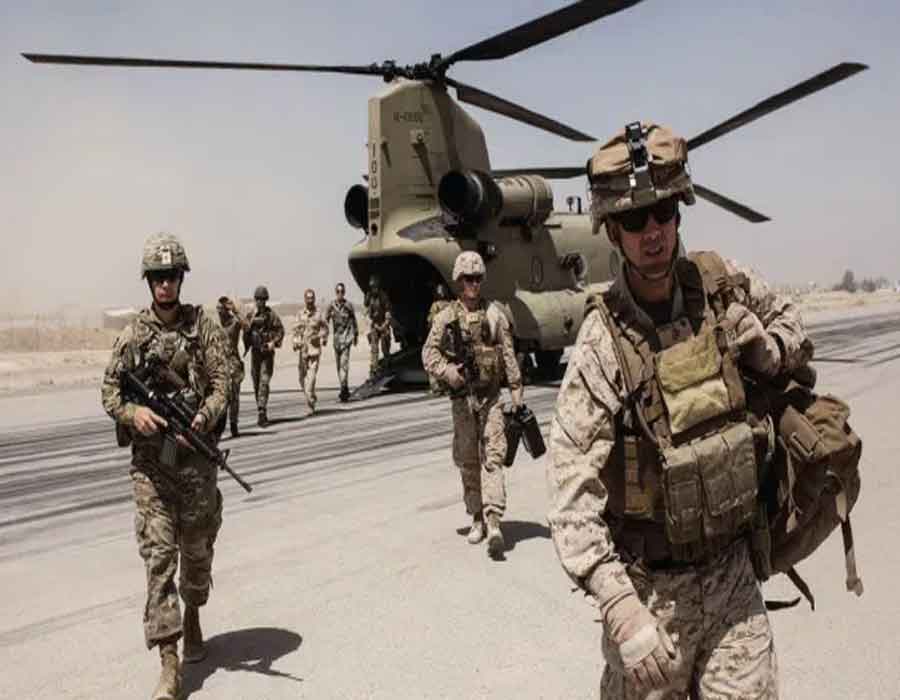
 OpinionExpress.In
OpinionExpress.In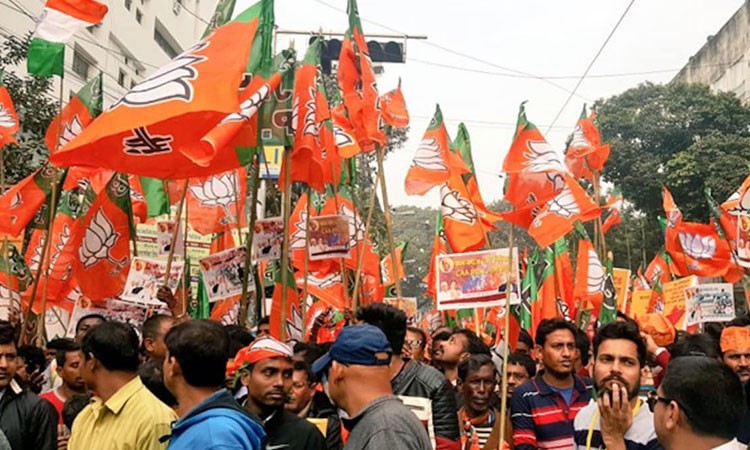
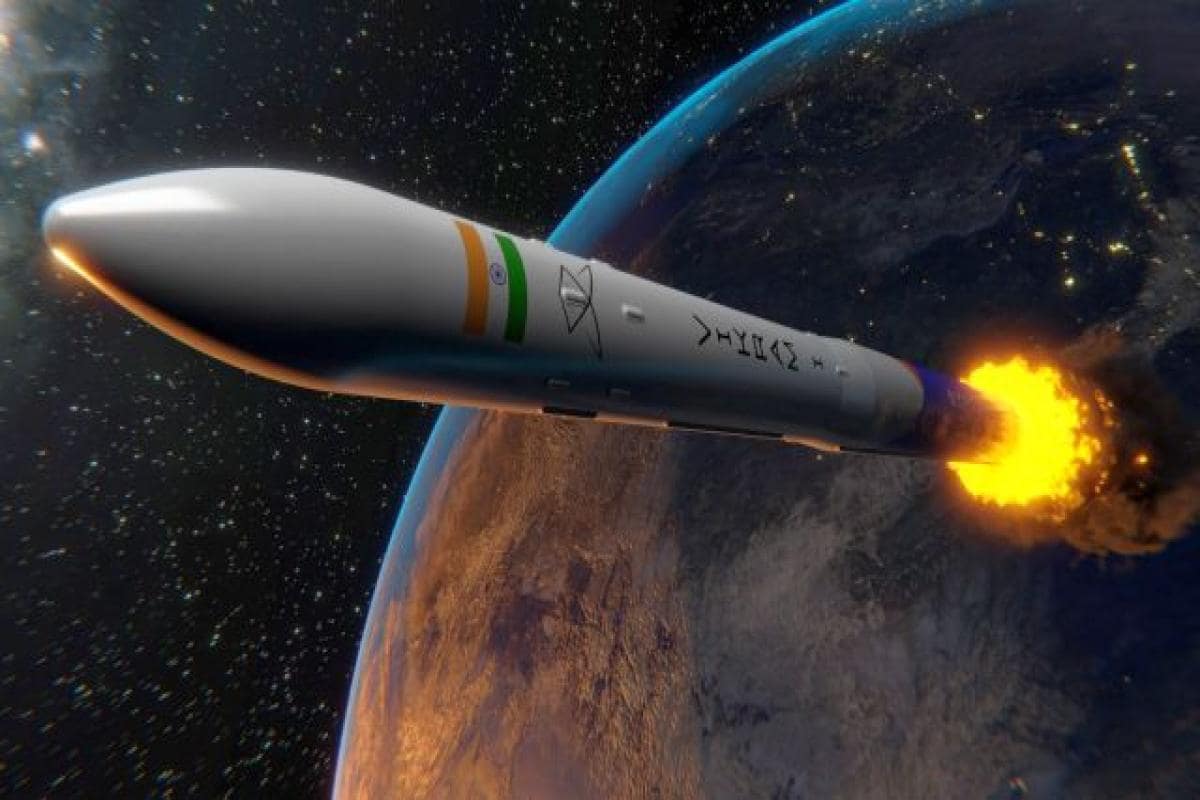
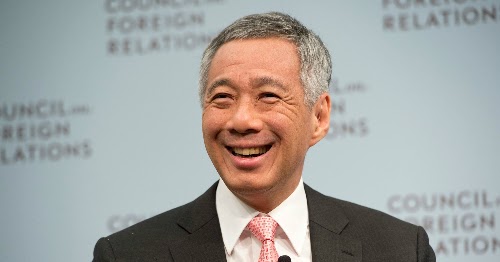

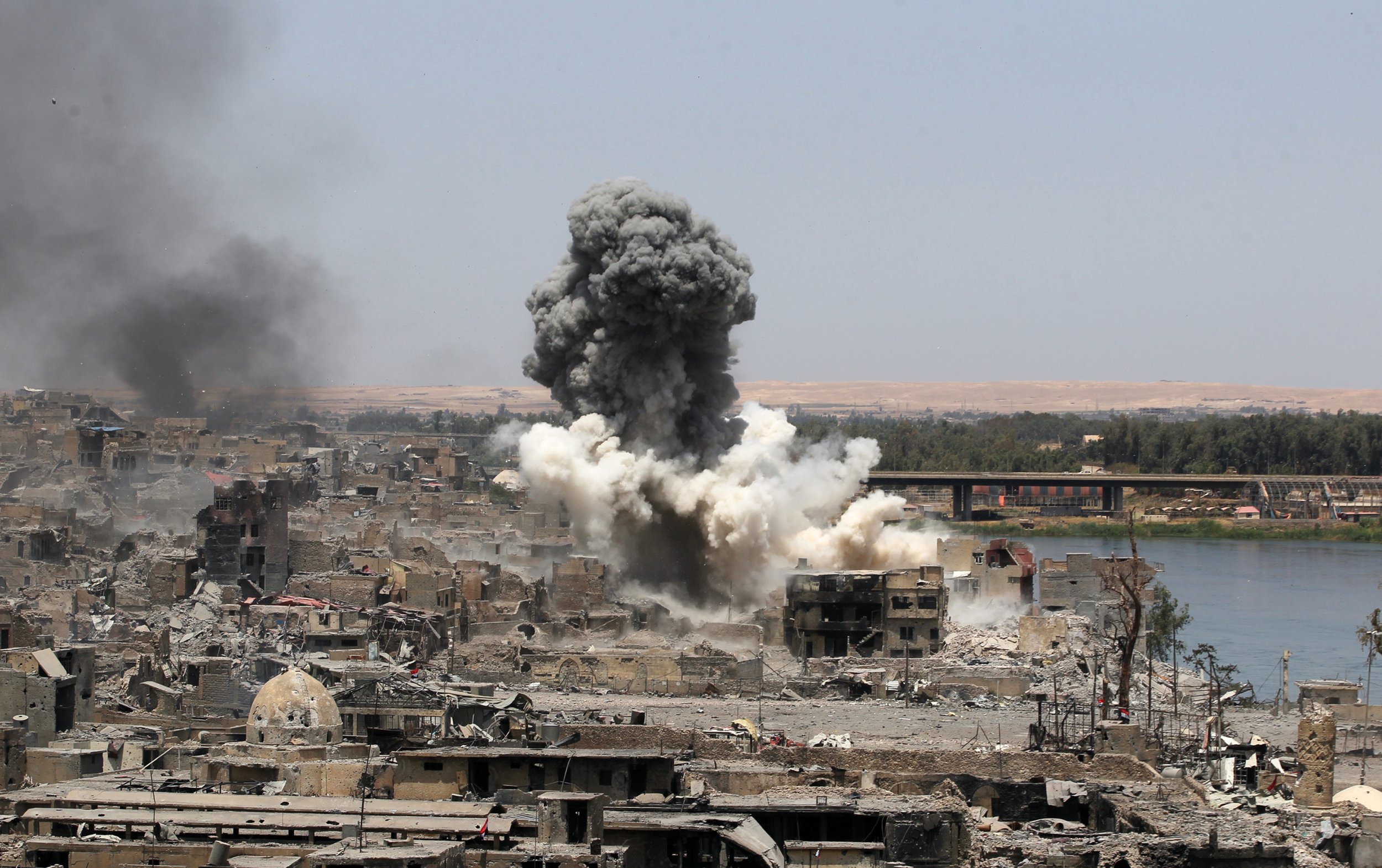
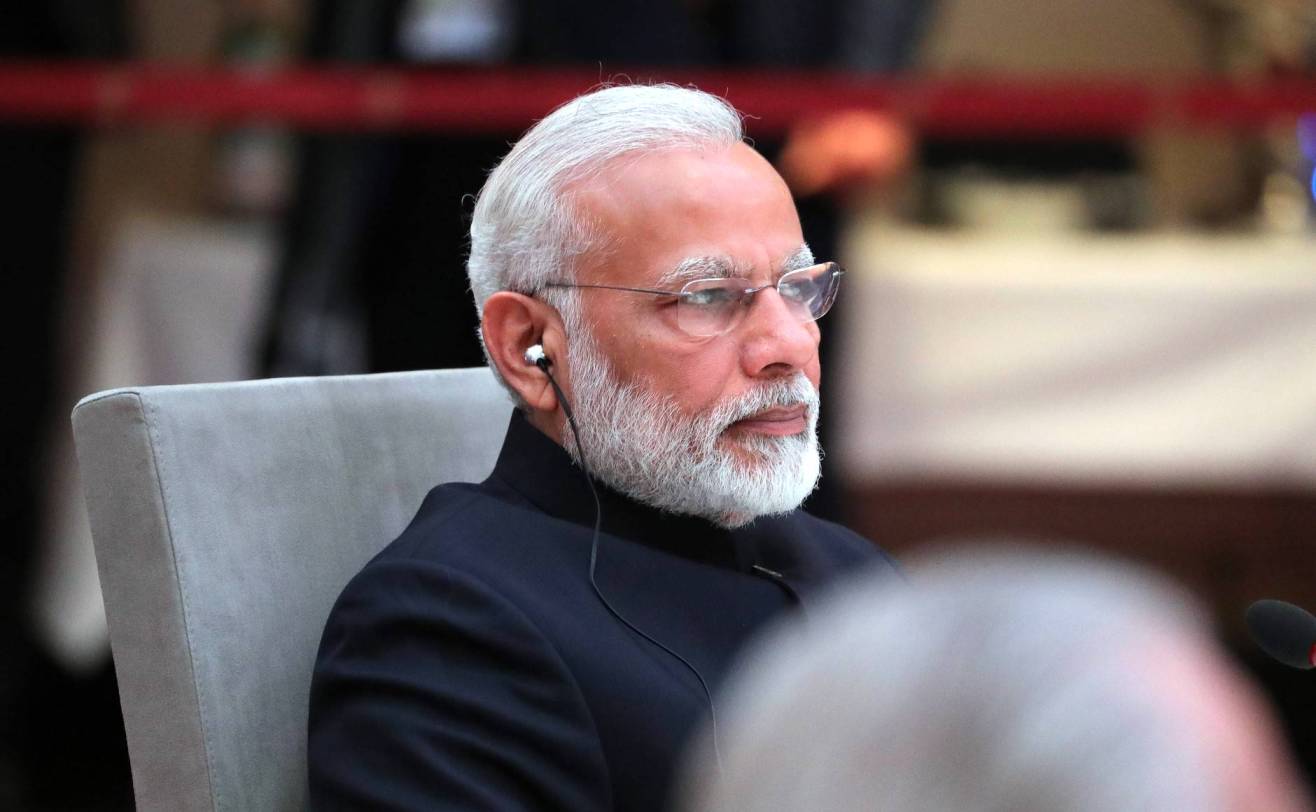
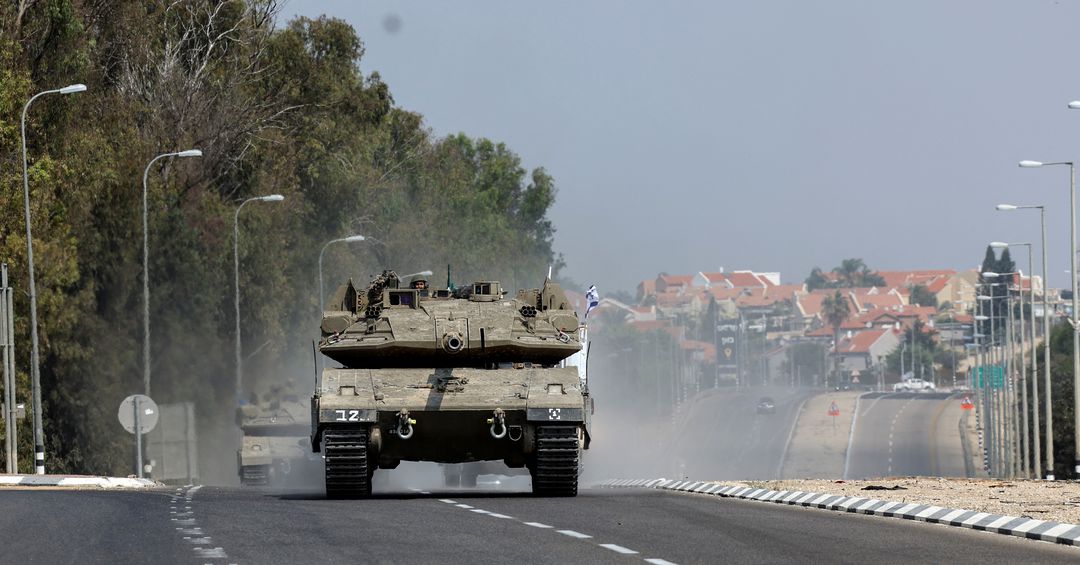


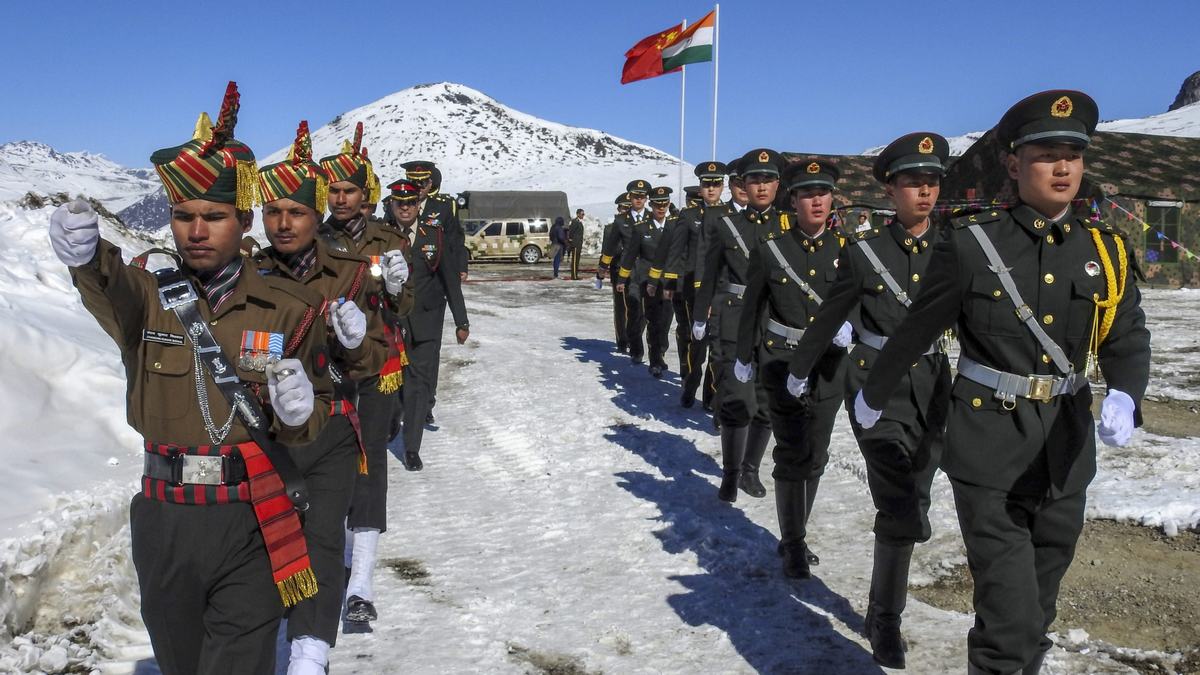






Comments (0)